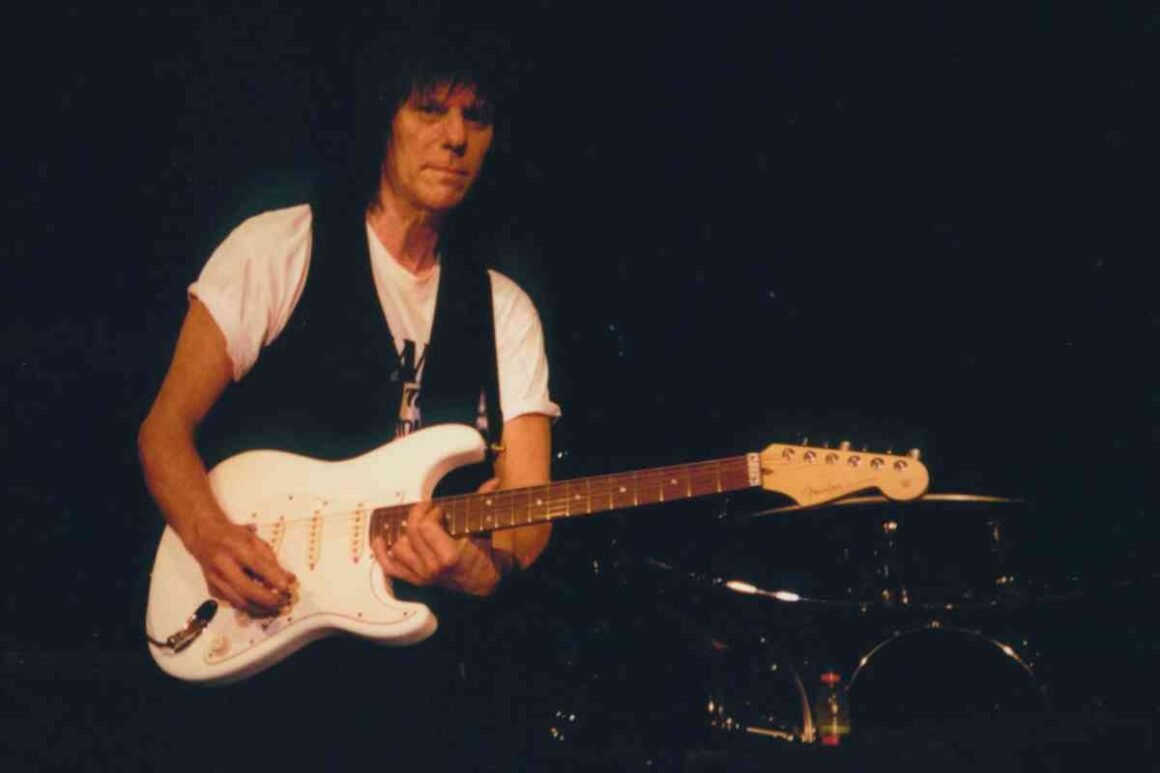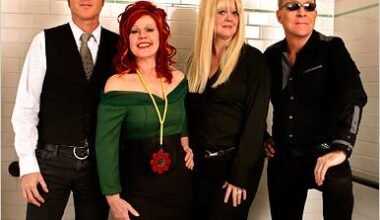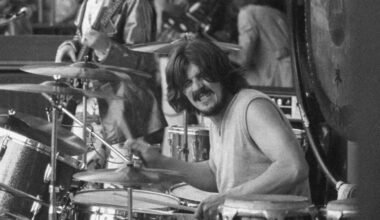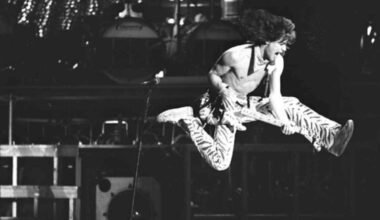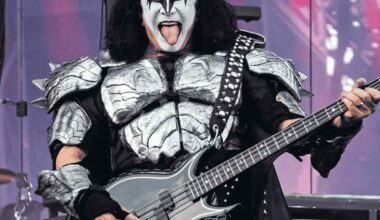Jeff Beck will forever be celebrated as one of rock’s most innovative guitarists. When he passed away in January 2023, tributes flooded in, solidifying his place as a legend whose influence reshaped the genre. From his early days replacing Eric Clapton in The Yardbirds to his decades-long solo career, Beck remained at the forefront of guitar innovation, leaving a lasting impact on generations of musicians. Twice inducted into the Rock and Roll Hall of Fame—once with The Yardbirds and again as a solo artist—his legacy is undeniable. But who were the artists that shaped his extraordinary sound?
Before his passing, Beck shared a list of his all-time favorite albums, featuring icons like Jimi Hendrix, Gene Vincent, and Miles Davis. However, there was one record that stood above the rest: B.B. King’s Live at the Regal. Speaking about the album, Beck recalled how it changed his entire approach to music:
“I was into blues around 1963 and stumbled across this,” he told Express. “It’s an electrifying live performance of blues guitar, and B.B. is a master of microphone technique. He brings his music down to a whisper, then bursts out with amazing solos.”
From the very first moments of Live at the Regal, the audience is drawn into King’s world. The announcer’s words—“Ladies and gentlemen, how about a nice warm round of applause to welcome the world’s greatest blues singer, King of the Blues, B.B. King?”—set the stage for an unforgettable performance. King’s opening track, ‘Every Day I Have the Blues’, immediately showcases the energy and emotional depth that made this album legendary.
Recorded in 1964 at the Regal Theater in Chicago, this album was the first of King’s 16 live records, standing out as a defining moment in blues history. Beyond King’s stunning solos, the warmth of his interactions with the audience and the sheer electricity of his playing captivated listeners worldwide—including Beck.
Beck wasn’t alone in his admiration for Live at the Regal. Legends like Eric Clapton, John Mayer, and Mark Knopfler have all cited it as a major influence, particularly on their approach to live performance. The album’s impact is so significant that it even earned a spot on Rolling Stone’s list of the 500 Greatest Albums of All Time.
Beck often reminisced about his deep admiration for King. At a press conference, he shared a memory of listening to the album with Clapton in the 1960s, wishing they could one day see King perform in person:
“All I keep thinking about is me and Eric [Clapton] sitting in the rain in my car, listening to [King’s] Live at the Regal in about ’64, ’65. We were saying, ‘Do you think he’ll ever come over here?’ He said, ‘No, I doubt it. This is all we have. We have records.’”
What Beck didn’t realize at the time was that he would not only see King live—but actually perform alongside him. In 2003, Beck had the honor of opening for B.B. King and even joined him on stage. Five years later, he paid tribute in his own way, recording a live album at the B.B. King Blues Club in New York.
King’s influence is undeniable in Beck’s fluid, expressive solos. While Beck pushed the boundaries with feedback and distortion during his time with The Yardbirds and beyond, the emotional phrasing and storytelling within his playing can be traced back to King’s influence. Over the years, Beck became a pioneer in his own right, shaping genres from psychedelic rock to heavy metal, collaborating with icons like Jimmy Page, Rod Stewart, and Ozzy Osbourne.
For Beck, Live at the Regal wasn’t just an album—it was a masterclass in emotion, technique, and showmanship. And for anyone wanting to understand the soul of his playing, it’s the perfect place to start.

